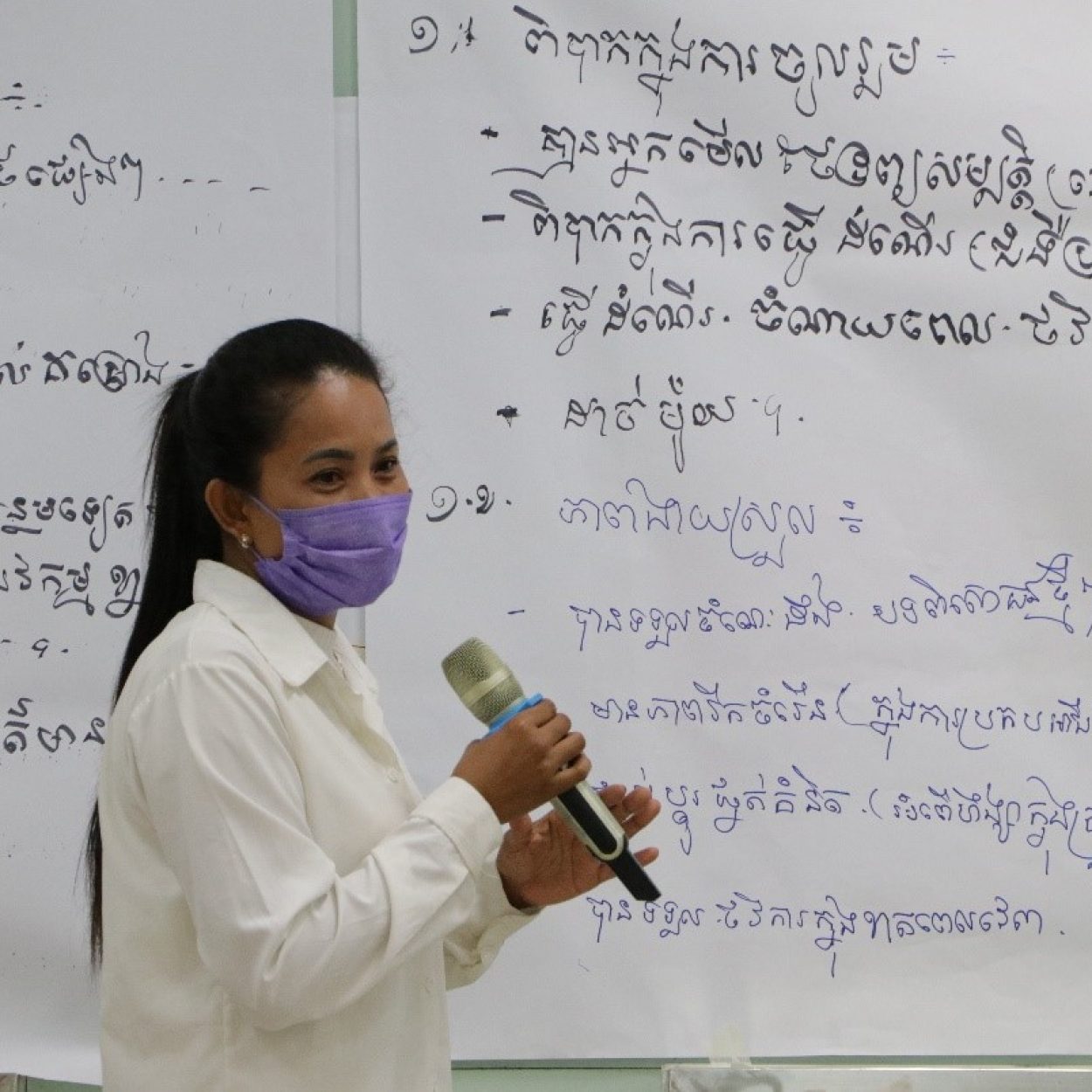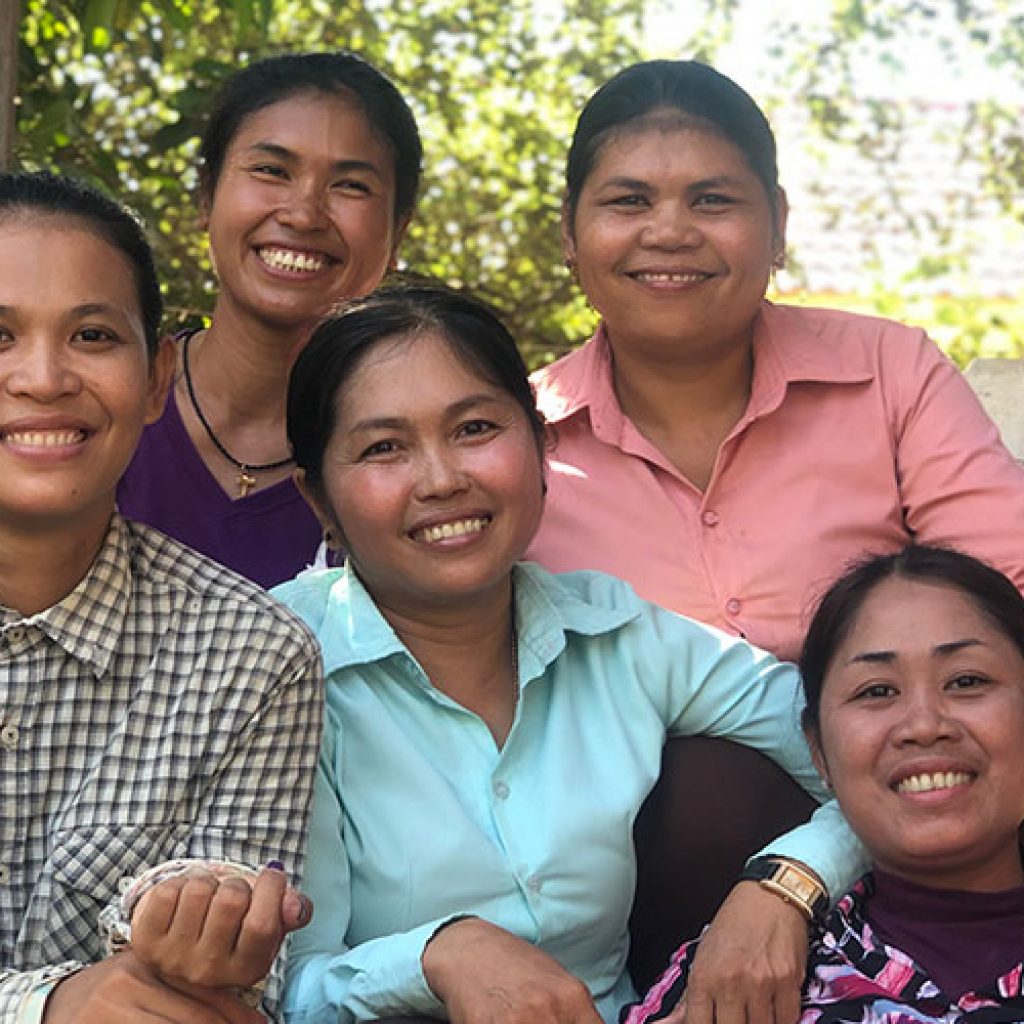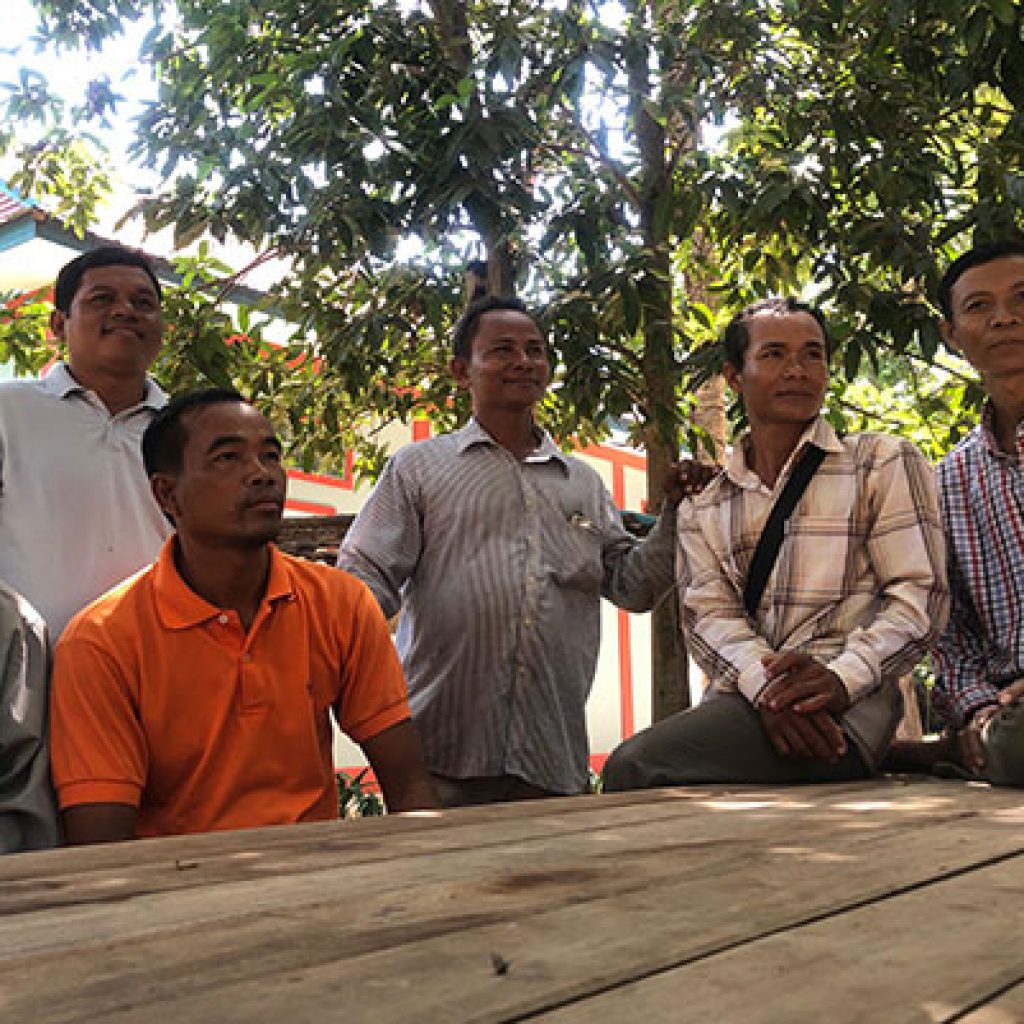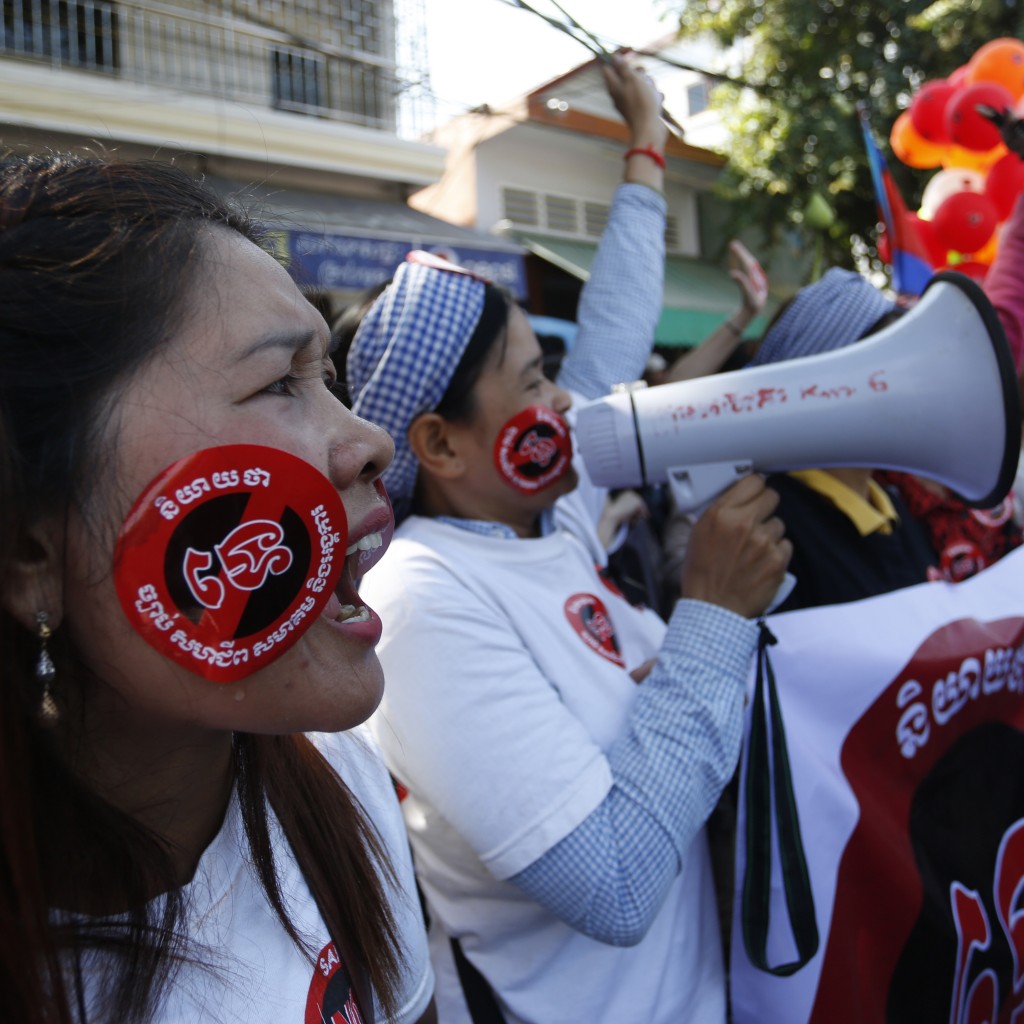
Rights-based organisations in Cambodia – about to be silenced?
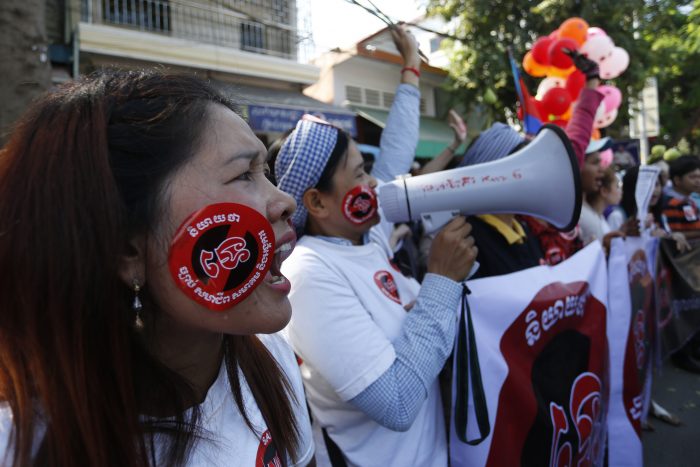
Cambodia’s National Assembly has passed a new law likely to increase restrictions on local and international non-government organisations (NGOs), associations and grassroots groups.
The Law on Associations and Non-Governmental Organisations (LANGO) was approved in July, despite strong resistance from opposition senators and local civil society groups. While proponents claim the law is necessary to protect the nation from international terrorist groups, established NGOs have called the mandate harsh, prohibitive and unnecessary.
Registration mandatory and political neutrality demanded
At the heart of the law is increased scrutiny on civil society. Registration for all groups is now mandatory, with the Ministry of the Interior holding authority over who is and is not approved.
Once a local or international NGO is registered, they are required to remain ‘politically neutral’ with the government able to deregister activities they do not approve of.
Distressingly, a rejection can only be appealed through the courts, and this avenue is not open to international organisations. Organisations operating without registration will face fines and criminal prosecution, and leaders of deregistered organisations are banned from ever establishing a new group.
Women’s rights organisations at risk
Women’s rights organisations have reason for concern. Ros Sopheap, Executive Director of IWDA partner Gender and Development for Cambodia, believes the LANGO law could be used as a tool to monitor NGOs and civil society. While Sopheap’s organisation is non-political, they fear for crackdowns on other women’s rights organisations in Cambodia.
Sopheap told IWDA, “If NGOs are deregistered, then awareness-raising for women’s rights in Cambodia will be impacted, and women will no longer be advocated for. If women stay silent for fear of their safety, then how can you exercise democracy in Cambodia?”
There are also worries that the local and international NGO community are not all aware of the implications LANGO could have on human rights. Gender and Development for Cambodia, working with their umbrella organisation Cooperation Committee for Cambodia, will be holding workshops around Cambodia to educate and prepare local and international NGOs for the new law. The workshops will provide forums where challenges, concerns and ideas can be raised and debated, and provide a voice for NGOs who may not have one. NGOs will also receive advice on navigating potential risk and abuses of the LANGO law when it is implemented.
Sopheap calls for continued international support for the vital work organisations like Gender and Development for Cambodia do to advance women’s rights. IWDA and our Cambodian partners will continue to monitor the implementation of LANGO in the months ahead as we continue to work for the rights of women in Cambodia.
This program was implemented with the support of the Australian Government.
